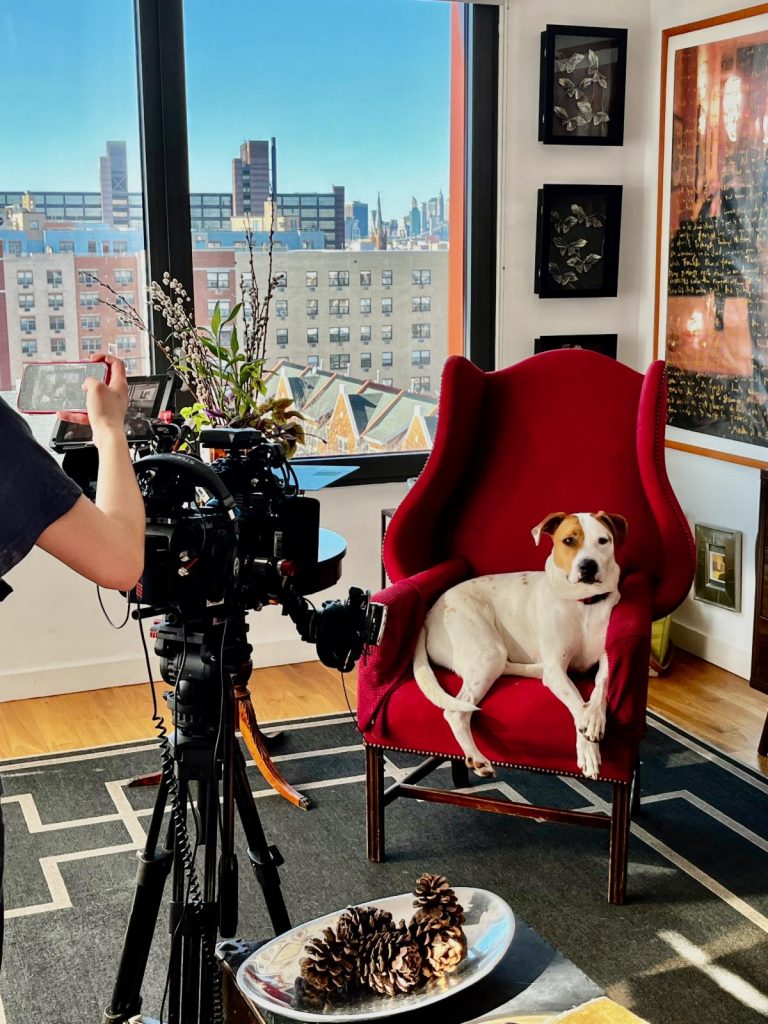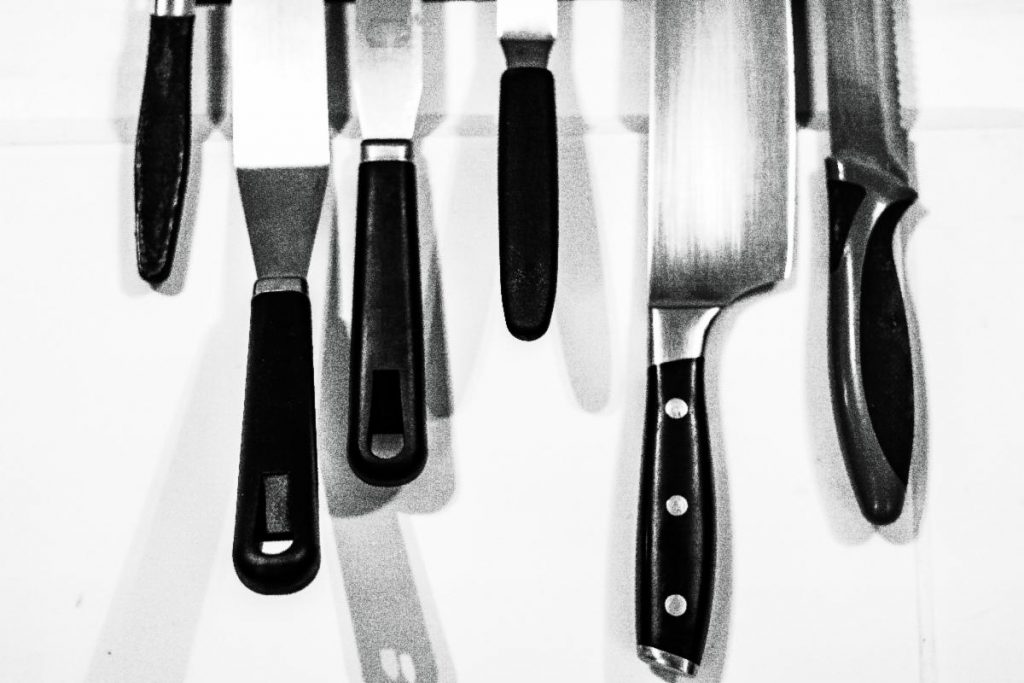First, he never actually said it.
Second, as metaphorical advice, it’s pretty terrific, yet if taken literally, it’s definitely unwise at best.
I’m referring to the adage often incorrectly ascribed to Hemingway:
Write Drunk,
Edit Sober.

Despite his well-documented problems with alcohol, everyone agrees that Hemingway both wrote and edited only when sober.
The heavy drinking definitely came after the work was done.
And while “Writing Drunk” seems sorta fun, even with a commitment to editing with a clearer head later––particularly with the modern temptations of “Just Press Send” and instantaneous public posting––some caution when composing our words seems advisable.
Nonetheless, the spirit of the quote––that one should create from a wild and uninhibited place––rings true.
Indeed, I’ve given some version of this advice to dozens of creative friends and clients.
Particularly when beginning a project, it’s vital to give yourself permission to let things freely pour out, to express yourself without self-censorship.
It’s more than OK to get a little messy, in other words.
In fact, it might be totally necessary.

Speaking of messy, this week I explored another aspect of Clarity via a new section of ESSENTIALISM, a terrific book I’m re-reading.
Specifically, on multiple fronts I dove deeper into the concept of Editing, aka The Invisible Art.
The first involved going back and forth with my actual editor for the (still secret) sizzle reel for a new art project.
Some young documentary filmmakers who are excited by the possibilities of my work are chronicling the journey from its initial stages.
In fact, last month we filmed for an entire day in my apartment, something Vlad took completely in stride.

Although I’ve fooled around in iMovie enough that on a purely technical level I might have been able to pull off the edit myself, that seemed quite unwise.
First, since almost all the footage that’s not of the work itself is of me talking straight to camera, that would have meant staring at myself in close-up for endless hours.
(That possibility elicited an immediate and definitive “No, thank you” cry from deep within my psyche.)
Second, and perhaps more importantly, was that trying to distill the most essential elements of the work from all the many things I have to say about it is probably more skillfully done by someone other than me.
Almost universally, artists in all media find it incredibly difficult to summarize their work.
Having written a 90,000 word novel, it feels utterly impossible to describe it in 100 words or less.
That’s why my all-time favorite response to the challenge of summarizing your work is Tom Stoppard’s.
After the successful premiere of his play Rosencrantz and Guildenstern Are Dead, he was asked what the play was about:
His reply…
“It’s about to make me a lot of money.”

I’m also quite fond of another great quote about Clarity and Editing.
This one has also been attributed to multiple authors ranging from Benjamin Franklin to Thoreau to Mark Twain.
The common denominator in each variation: editing for brevity is incredibly time-consuming.
Although many writers including the aforementioned Franklin, Thoreau, and Twain have indeed offered somewhat similarly ironic remarks, the first version according to the Quote Investigator comes from Blaise Pascal in 1657.
Pascal’s witty apology for something he’d written was:
“I have made this longer than usual
because I have not had time to make it shorter.”
All good writers know just how difficult it is to whittle down the words to the most vital few, leaving only what’s essential.
In a similar vein, I also love this statement from Woodrow Wilson in 1918:
When asked how long it took him to prepare a speech he replied:
“That depends on the length of the speech.
If it is a ten-minute speech it takes me
all of two weeks to prepare it;
if it is a half-hour speech it takes me a week;
if I can talk as long as I want to
it requires no preparation at all.
I am ready now.”

My second exploration this week around Editing and Clarity––again, this month’s meditation is HERE––came (surprisingly) via branding consultations.
Although there are definitely aspects of them that I recoiled against, I did find some of the pre-meeting exercises not just valuable re: marketing but also powerful on a much deeper, even soulful level.
Believing that Clarity is the all-important (yet easily avoided) first step, rather than exploring logos and fonts, these consultants were laser-focused about getting you to succinctly answer pointed questions like “Exactly what problem do you solve for other people?”
Beyond this, they were determined to have you “drill down” into finding one word answers to these kind of essence questions.
(Note: there may or may not have been a bratty moment when exasperated I perhaps countered with something like, “Isn’t all of this ridiculously reductive…? What one word problem was Picasso solving?”)
In any case, I believe my (theoretical) outburst is forgivable because real editing (albeit invisible) is such truly hard work.
In fact, the most often used quote about it––attributed to everyone from Faulkner to Oscar Wilde to Chekov to Stephen King but in fact said by a relatively obscure Cambridge professor in 1914––is
“Kill Your Darlings.”
Unfortunately, that’s the bottom line.
No matter how unduly fond you are of your own creations, for the work to truly thrive, you have to ruthlessly eliminate anything extraneous.
(Sigh)

While I’ve been focused on the frustrations of Editing to get to Clarity, I’m simultaneously reminded of what lies underneath it all, the passion that motivates whatever it is that we do best.
It’s all about getting to that core, that vital essence.
In fact, it’s pretty much the way Michelangelo described his process as a sculptor:
“I saw the angel in the marble
and carved until I set him free.”
It’s true that sometimes getting to that level of clarity requires a brutal process.
(Nothing so brutal though––let’s hope––as slogging through six hours of watching myself talking to camera.)
Finally, as I write this last section, I just realized I’m having an ironic, make that Meta Experience.
Namely, I intended to conclude with Charles Bukowski’s poem “so you want to be a writer?” because it so brilliantly captures the creative impulse, the one that shines through any challenge.
And yet since the poem is a little longer than one I’d usually include, because of my topic (or maybe in spite of it)I had to stop myself from editing it, only sharing a few highlights.
So here it is in its entirety––a caustic ode to the difficulty of the creative process and the necessity of editing down to our purest motives:
“so you want to be a writer”
if it doesn’t come bursting out of you
in spite of everything,
don’t do it.
unless it comes unasked out of your
heart and your mind and your mouth
and your gut,
don’t do it.
if you have to sit for hours
staring at your computer screen
or hunched over your
typewriter
searching for words,
don’t do it.
if you’re doing it for money or
fame,
don’t do it.
if you’re doing it because you want
women in your bed,
don’t do it.
if you have to sit there and
rewrite it again and again,
don’t do it.
if it’s hard work just thinking about doing it,
don’t do it.
if you’re trying to write like somebody else,
forget about it.
if you have to wait for it to roar out of
you,
then wait patiently.
if it never does roar out of you,
do something else.
if you first have to read it to your wife
or your girlfriend or your boyfriend
or your parents or to anybody at all,
you’re not ready.
don’t be like so many writers,
don’t be like so many thousands of
people who call themselves writers,
don’t be dull and boring and
pretentious, don’t be consumed with self-love.
the libraries of the world have
yawned themselves to sleep
over your kind.
don’t add to that.
don’t do it.
unless it comes out of
your soul like a rocket,
unless being still would
drive you to madness or
suicide or murder,
don’t do it.
unless the sun inside you is
burning your gut,
don’t do it.
when it is truly time,
and if you have been chosen,
it will do it by
itself and it will keep on doing it
until you die or it dies in you.
there is no other way.
and there never was.
Ultimately, in contrast to all I’ve said above, perhaps (except by life itself) some things are better left unedited.


